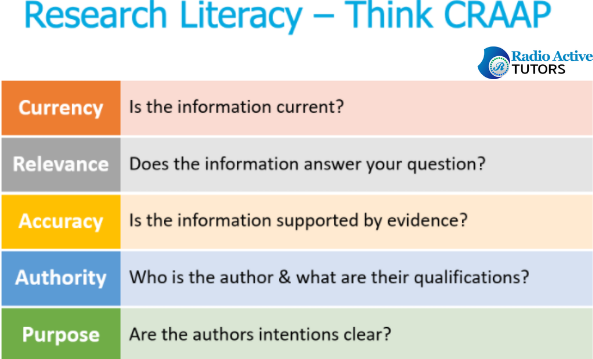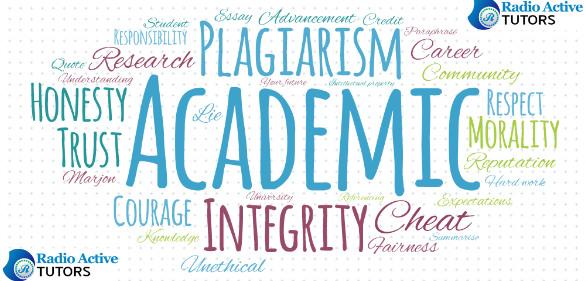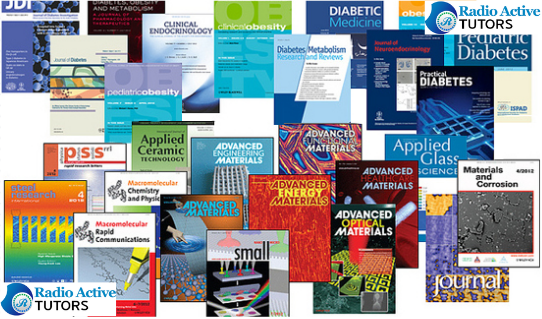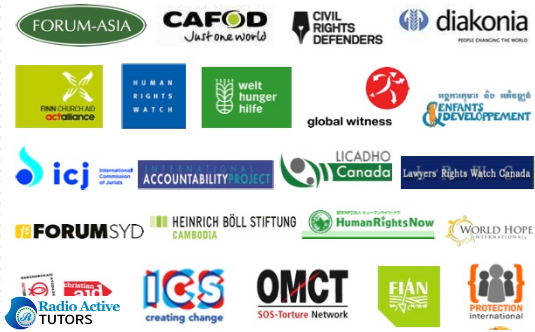Introduction
Research is the cornerstone of informed decision-making, robust arguments, and the advancement of knowledge in various fields. In the digital age, information is abundant and easily accessible. However, with this abundance comes the challenge of sifting through vast quantities of data to identify credible sources. This article will expound on the methods and principles for finding credible sources for your research. Ensuring that your sources are reliable, accurate, and trustworthy is essential for producing high-quality research and avoiding the spread of misinformation.
I. Criteria for Evaluating Source Credibility
To effectively find credible sources for your research, you must first understand what credibility means in an academic or research context. Credibility is a measure of how much you can trust a source to provide accurate and unbiased information. Evaluating the credibility of a source is a critical skill for any researcher. To determine whether a source is credible, consider the CRAAP criteria; CRAAP is an acronym used as a mnemonic device to help individuals critically evaluate sources of information, particularly in academic or research contexts. Each letter in the acronym stands for a different aspect to consider when assessing the credibility and reliability of a source.
The CRAAP criteria help you determine whether a source is trustworthy and appropriate for your research or information needs. Here's what each letter represents:

C - Currency:
Currency refers to the timeliness of the information in the source. It's important to know when the information was published or last updated.
R - Relevance:
Relevance assesses whether the information in the source is suitable and directly applicable to your research or information needs.
A - Authority:
Authority refers to the credibility and qualifications of the author or the source itself. It helps determine whether the source is trustworthy and written by an expert in the field.
A - Accuracy:
Accuracy assesses the reliability and correctness of the information in the source. It's crucial to verify that the information is free from errors, bias, and misinformation.
P - Purpose:
Purpose examines the intentions and goals of the source. It helps you understand whether the source is meant to inform, persuade, entertain, or serve some other purpose.
Using the CRAAP criteria as a framework can assist you in critically evaluating sources to make informed decisions about their suitability for your research or information needs. This method is especially valuable when working on academic papers, research projects, or any situation where source credibility is of paramount importance.
II. The Significance of Credible Sources
Credible sources are essential for a multitude of reasons:

Academic integrity: It demonstrates your commitment to presenting well-founded arguments and respecting the work of other scholars.
Building Trust: Credible sources build trust with your audience, whether it's your professor, peers, or a wider readership. Readers are more likely to trust and accept your findings and arguments if they are supported by reputable sources.
Plagiarism Prevention: Credible sources provide you with the foundation to cite and reference properly. By attributing information to its original source, you avoid unintentional plagiarism, a serious ethical violation in research and academia.
Accuracy: Reliable sources are more likely to provide accurate and up-to-date information, reducing the risk of disseminating false or outdated data.
Strength of Argument: Credible sources lend weight and authority to your arguments. They provide evidence and support that can make your research paper more persuasive and impactful.
Advancement of Knowledge: Using credible sources contributes to the advancement of knowledge by relying on the most current and authoritative information in your field.
Common Credible Sources
Introduction
Credible sources are the bedrock of sound research and scholarship. When embarking on a research endeavor, it is essential to identify and utilize sources that are trustworthy, authoritative, and reliable. This article delves into various types of credible sources that researchers can turn to for their academic, professional, and personal inquiries. Understanding the diversity of these sources is crucial for crafting well-informed, evidence-based arguments and conclusions.
I. Scholarly Journals and Articles
Scholarly journals and articles are quintessential sources of credible information, particularly in academic and research contexts. They offer in-depth, peer-reviewed content on specialized topics and are a vital resource for scholars, students, and researchers.

II. Books
Books have been a primary source of knowledge for centuries and continue to be highly credible sources of information. They provide in-depth exploration of topics, offering comprehensive coverage and expert analysis.

III. Government websites and Publications
Government publications are credible sources for information related to public policy, laws, regulations, and statistics. They offer official, well-documented data on a wide range of topics.

IV. Educational Institutions
Websites and resources from universities, colleges, and academic institutions are excellent sources of credible research materials. They offer a wide array of academic resources, from research papers and theses to lecture notes and course materials.

V. Research Institutions and Think Tanks
Research institutions and think tanks produce high-quality research reports, studies, and policy analyses. These sources are particularly valuable for those interested in policy, economics, and social sciences.
VI. Newspapers and Magazines
While not all newspapers and magazines meet the criteria for credibility, established, reputable publications are valuable sources for current events, societal trends, and background information.

VII. Peer-Reviewed Conference Proceedings
Conference proceedings contain the research presented at conferences, symposia, and academic meetings. They are valuable for accessing the latest research findings, especially in rapidly evolving fields.
VIII. Specialized Repositories and Databases
Specialized repositories and databases cater to specific subjects and offer access to high-quality, discipline-specific resources.
IX. Expert Interviews and Oral Histories
Interviews with experts, scholars, and individuals with firsthand experience can be invaluable sources of primary data, personal perspectives, and specialized knowledge.
X. Industry and Trade Associations
Industry and trade associations serve as credible sources of information for specific sectors, providing insights into market trends, best practices, and industry developments.
XI. Library and Information Portals

Libraries, whether physical or digital, serve as valuable gateways to credible information. Libraries often provide access to a wide range of resources, including books, academic databases, and reference materials.
XII. Professional Organizations and Societies
Professional organizations and societies publish credible materials related to their specific fields. These sources cater to professionals, practitioners, and academics in various disciplines.
XIII. Personal Interviews and Observations
For research involving personal narratives, ethnographic studies, and qualitative research, personal interviews and observations can be invaluable sources of primary data.
XIV. Non-Governmental Organizations (NGOs)

Non-Governmental Organizations, or NGOs, produce credible reports and publications related to a wide range of global issues, including human rights, humanitarian aid, and social justice.
Conclusion
Credible sources are indispensable for research and scholarship. They serve as the pillars of well-informed and reliable arguments, lending authority and trustworthiness to your work. While this article has explored various types of credible sources, it's essential to emphasize the importance of evaluating each source carefully. A source's credibility depends not only on its type but also on the author's qualifications, the source's reputation, and its relevance to your specific research question. By combining a discerning eye for credibility with a diversified approach to sources, researchers can ensure that their work is built on a foundation of knowledge and reliability.
